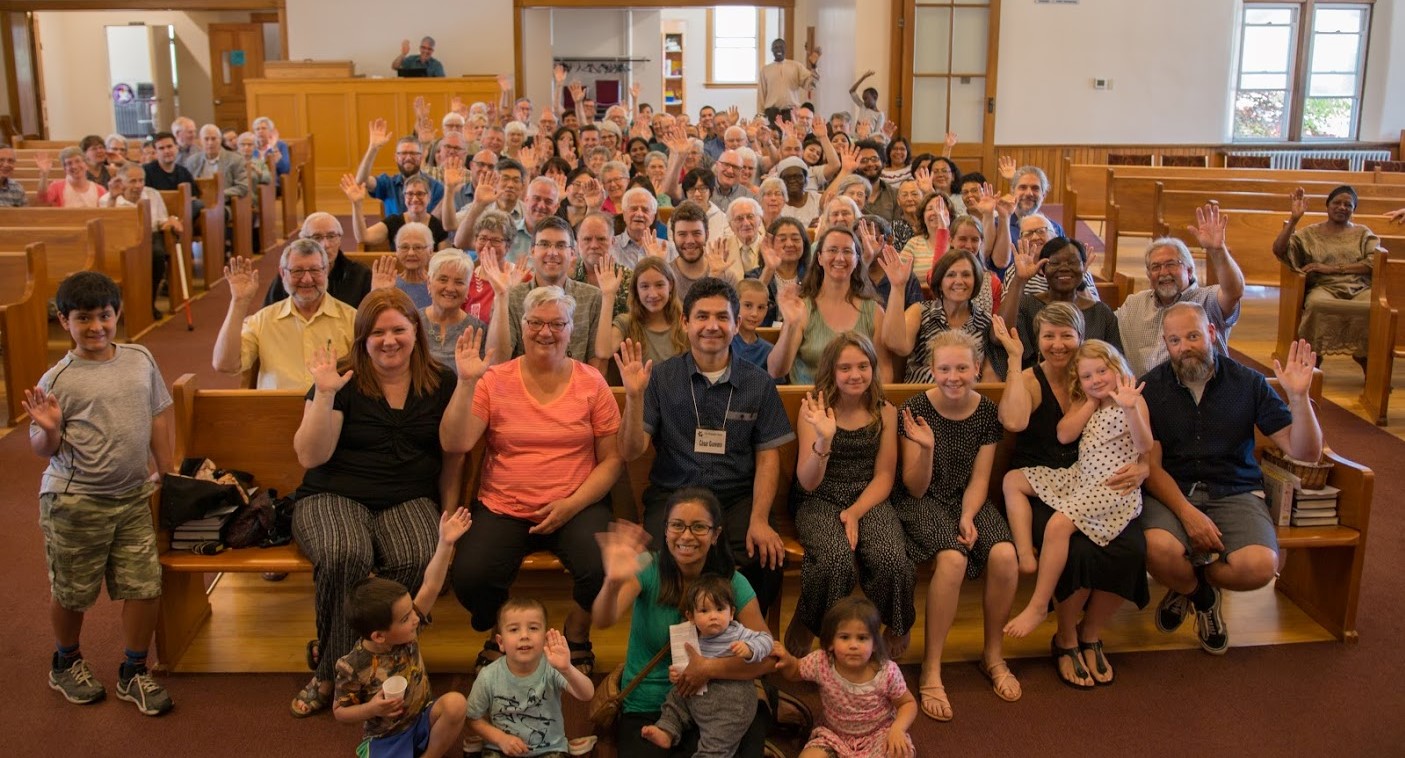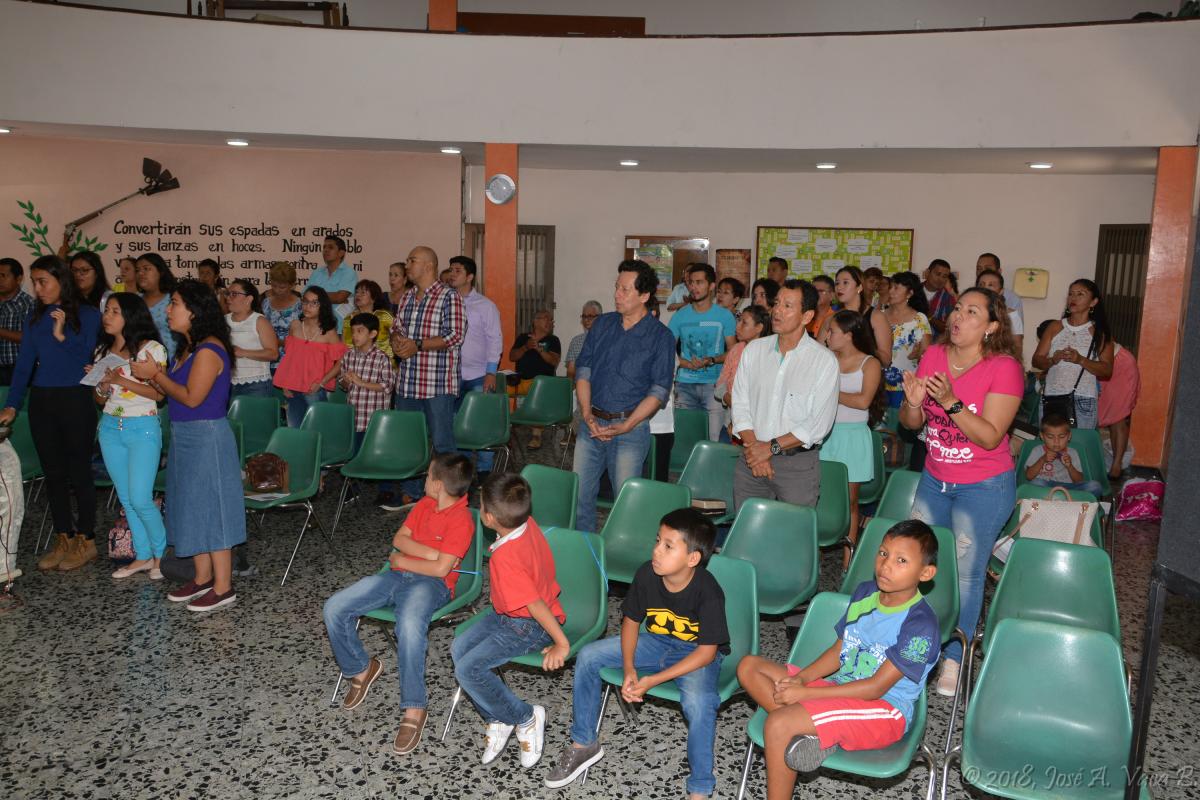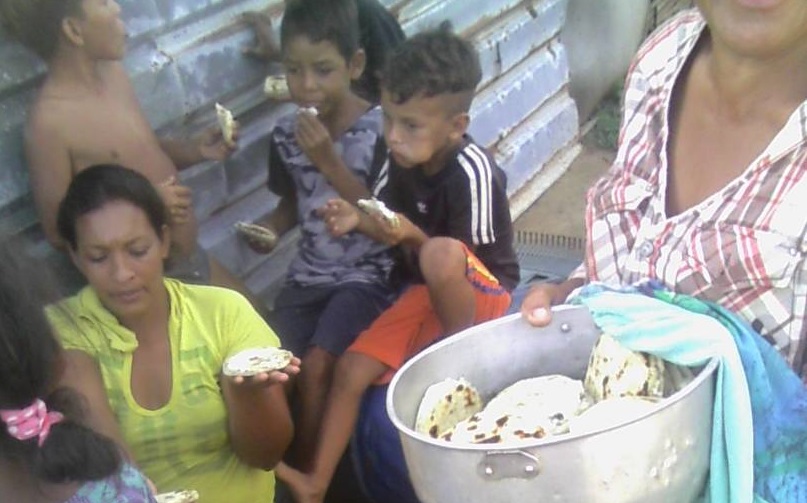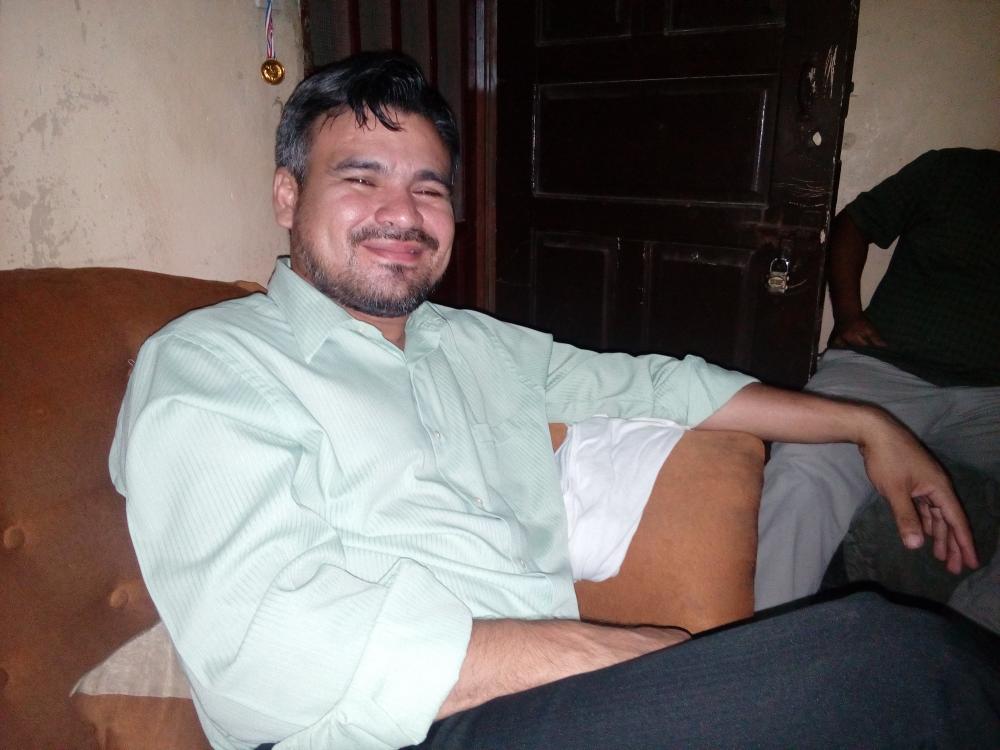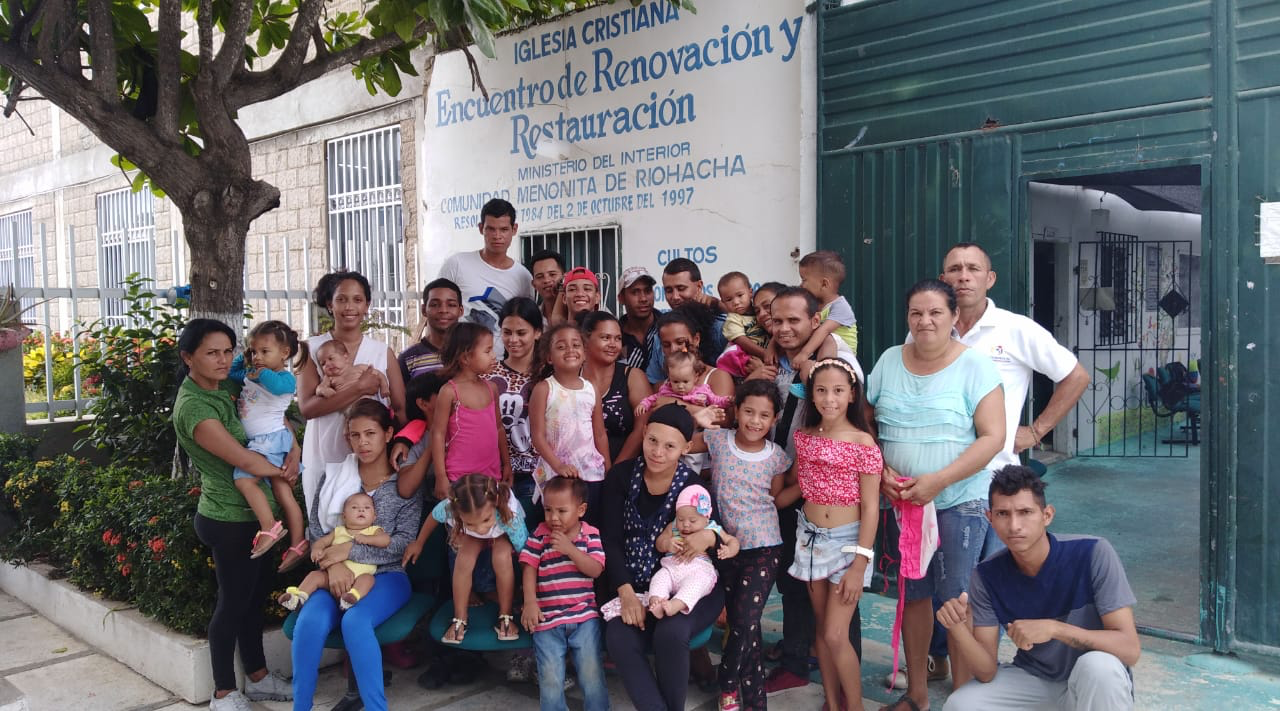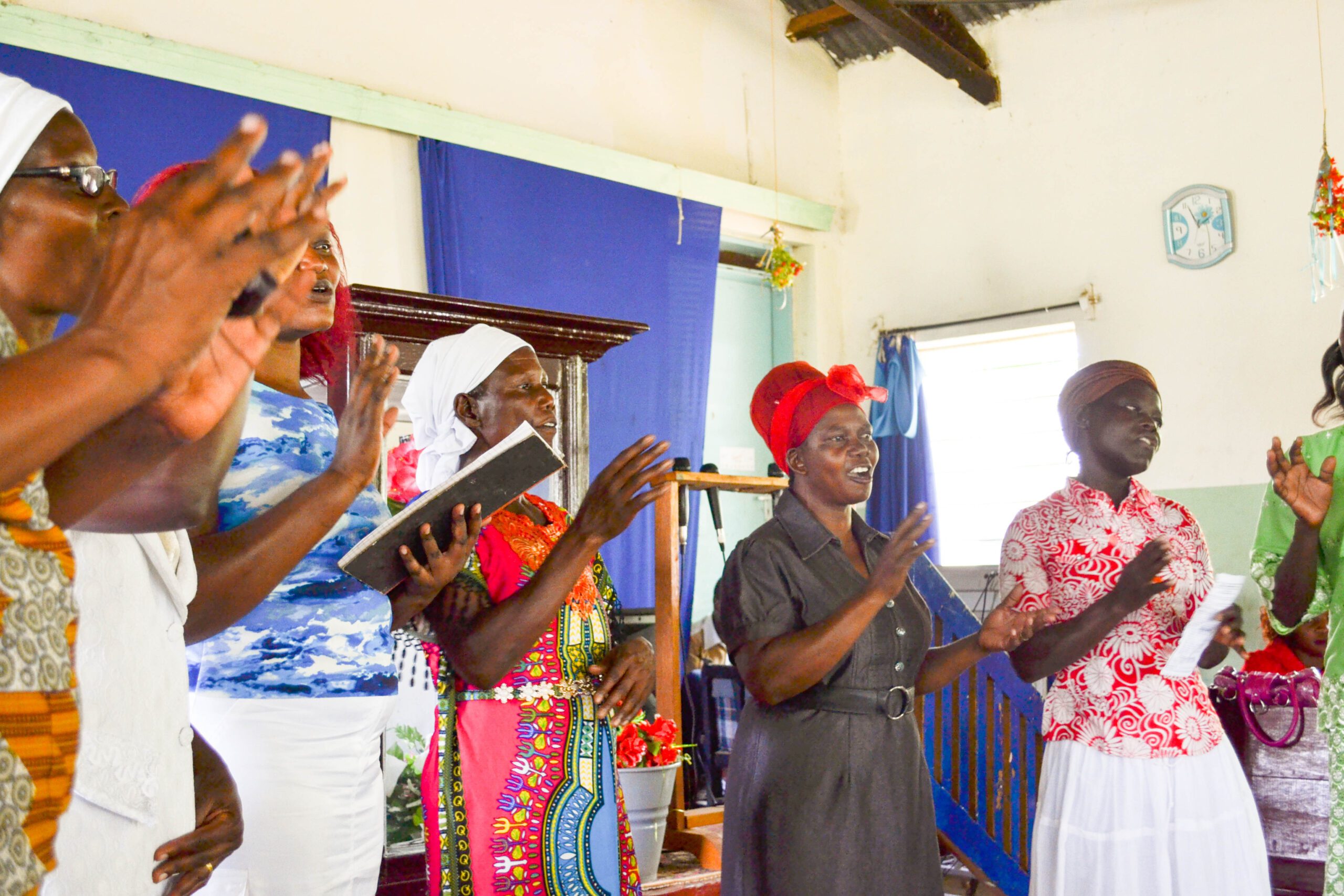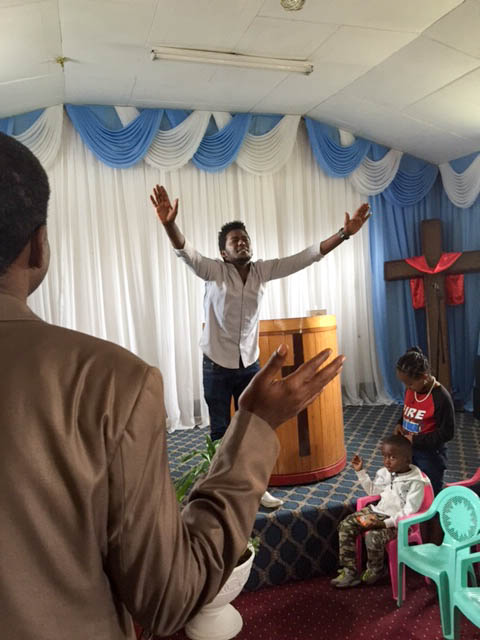-
MWC worship resources draw the family together
Gathered and scattered. Mennonite World Conference creates space for the global Anabaptist family to worship together, together in body in one location, and together in spirit in many locations. One way is through publishing worship resources. Each year, MWC partners with church leaders from around the world to compile a resource packages to help congregations
-
Responsive Prayer
Text: Luke 4:18-21 (NRSV) Leader: The Spirit of the Lord is upon me, because he has anointed me to bring good news to the poor; All: Forgive us, Lord, for the times our actions have not been consistent with the message of Good News to the most vulnerable. Leader: He has sent me to proclaim
-
“We have learned…”
The problems in Venezuela affect the economy, relationships, health services, crime, insecurity, public services, corruption, politics, malnutrition and inflation. We decided to come to Colombia to improve the living conditions of our families, look for new opportunities and have a change in our lives. On arrival, we suffered a heavy emotional blow when we saw
-
The song remains: Hope in Honduran gang territory
For more than 20 years, gangs clashed in Chamelecón neighbourhood in San Pedro Sula, Honduras. The main street served as an invisible border, marking off the territory of the two dominant gangs. Even for people who weren’t in gangs, it was dangerous to cross the street. This neighbourhood is home to Vida en Abundancia, a
-
MWC Year in Review 2018
Transformed by the Holy Spirit. On World Fellowship Sunday, share this video about how we worked together for peace and justice in the power of the Holy Spirit in 2018.
-
World Fellowship Sunday: a communion of 500 years
Every year on the Sunday closest to 21 January, Mennonite World Conference invites its 107 member churches to join in a celebration of World Fellowship Sunday. The worship themes vary from year to year, but the rationale for the timing of the event has remained constant – on 21 January 1525, a small group of
-
The Holy Spirit transforming us
Bogotá, Colombia – Throughout the history of the Christian church, followers of Jesus have been transformed and renewed by the living presence of the Holy Spirit. We persevere with hope in the face of overwhelming challenges. Today, the churches in the Global South are especially attentive to the presence and power of the Holy Spirit.
-
Healing by the Spirit
There are many in Africa who experience physical healing by the power of the Holy Spirit. This is a story of two different types of physical healing, at the Meserete Kristos Church in Addis Ababa, Ethiopia, by Tesfatsion Dalellew. Some years ago, there was a week-long evening revival conference, which meant the entire church compound
